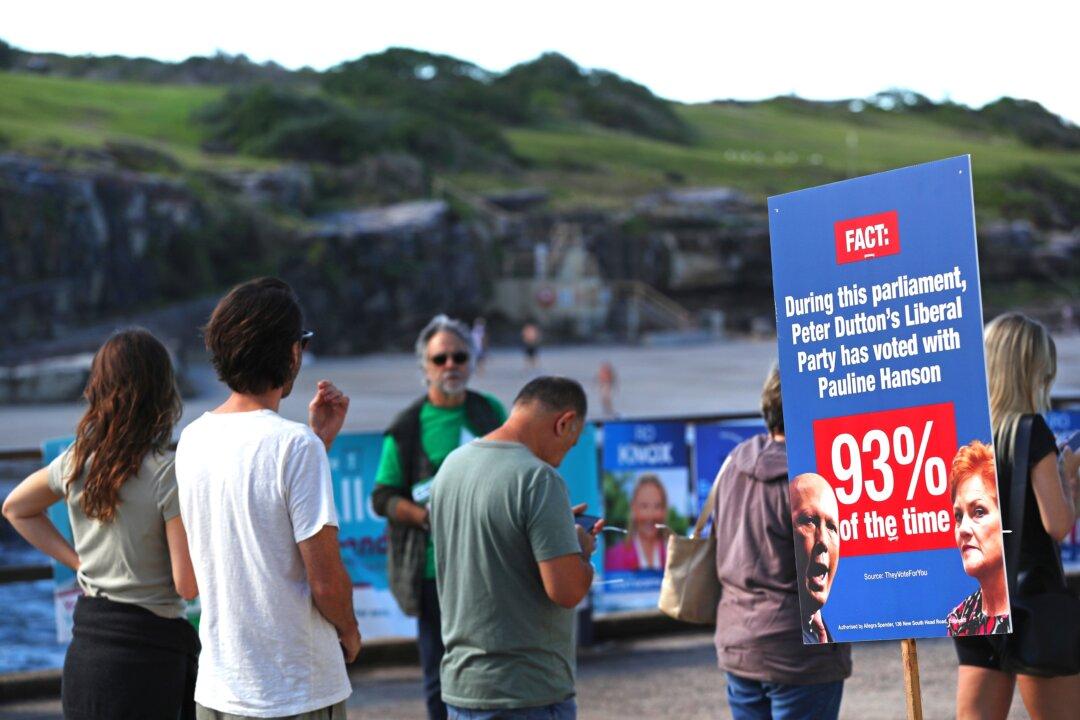Disillusioned by the Liberal Party’s perceived drift from its conservative roots, a surge of right- and conservative-leaning parties have emerged in recent years.
And the 2025 election was no different.

Disillusioned by the Liberal Party’s perceived drift from its conservative roots, a surge of right- and conservative-leaning parties have emerged in recent years.
And the 2025 election was no different.